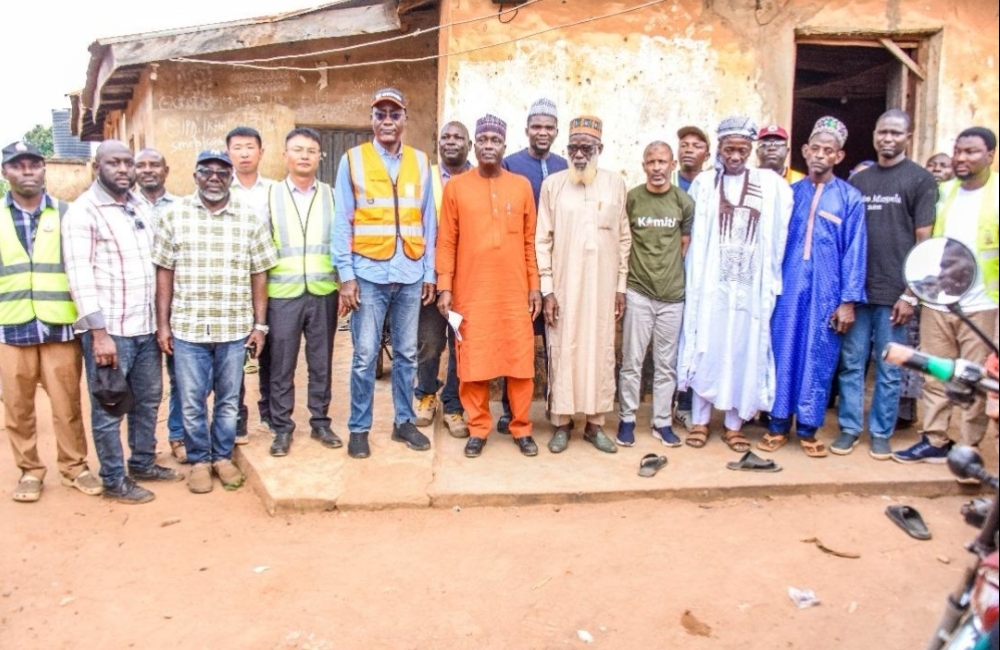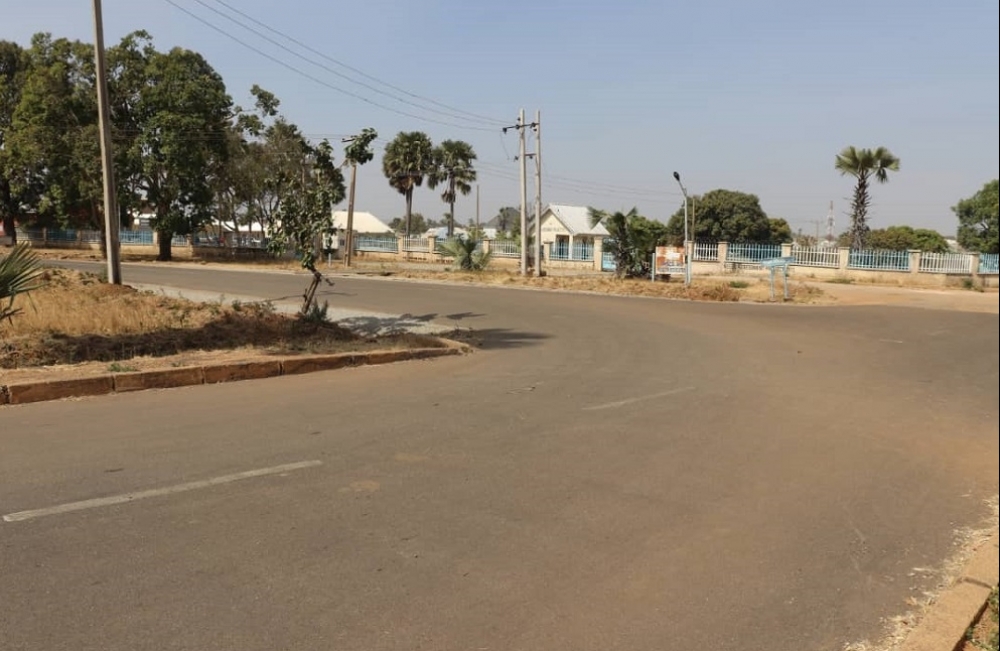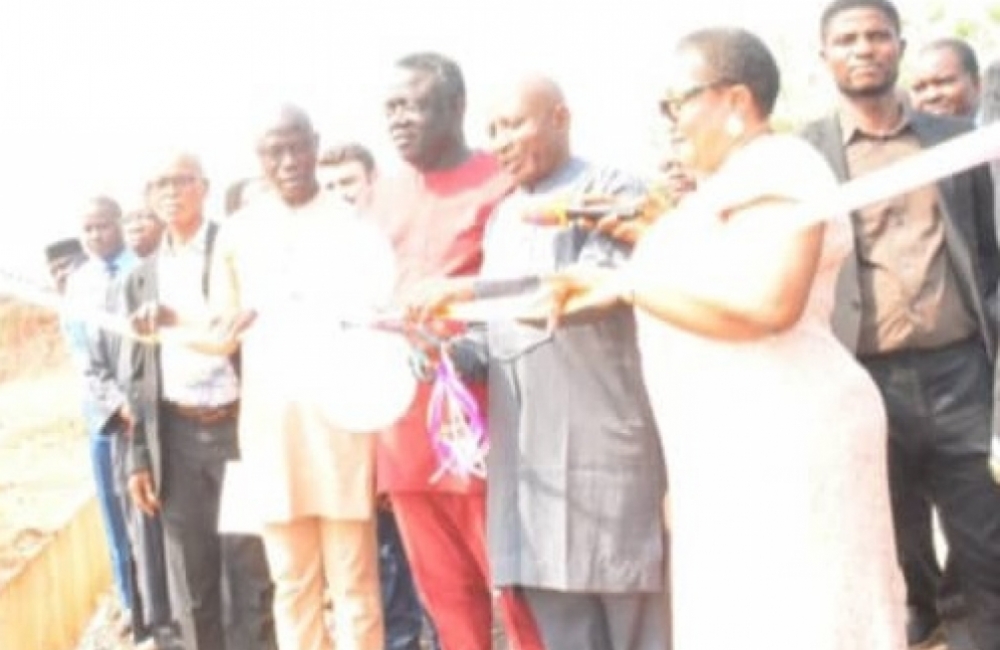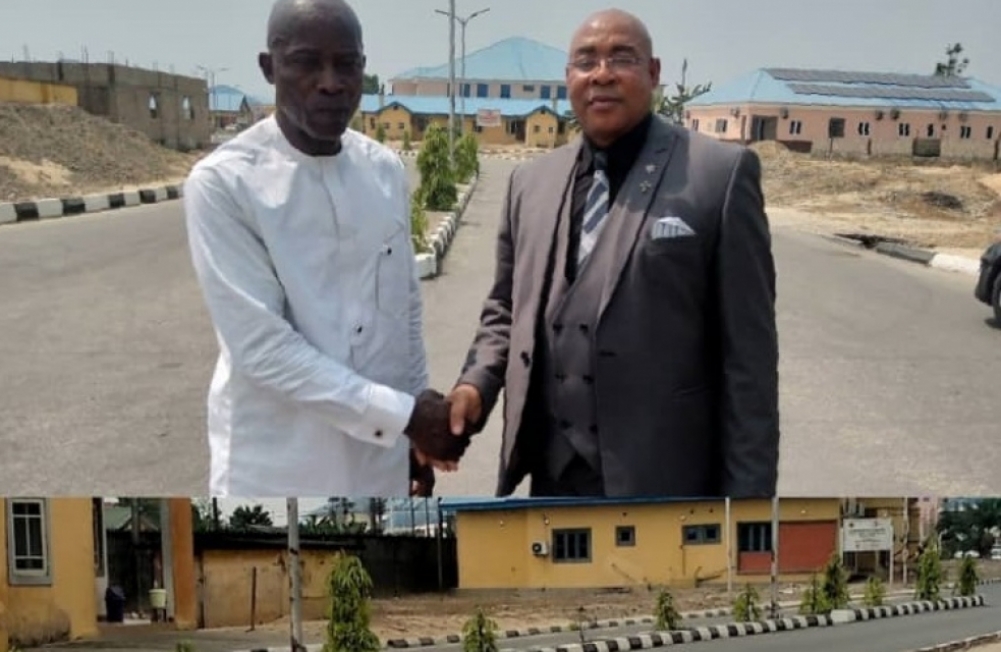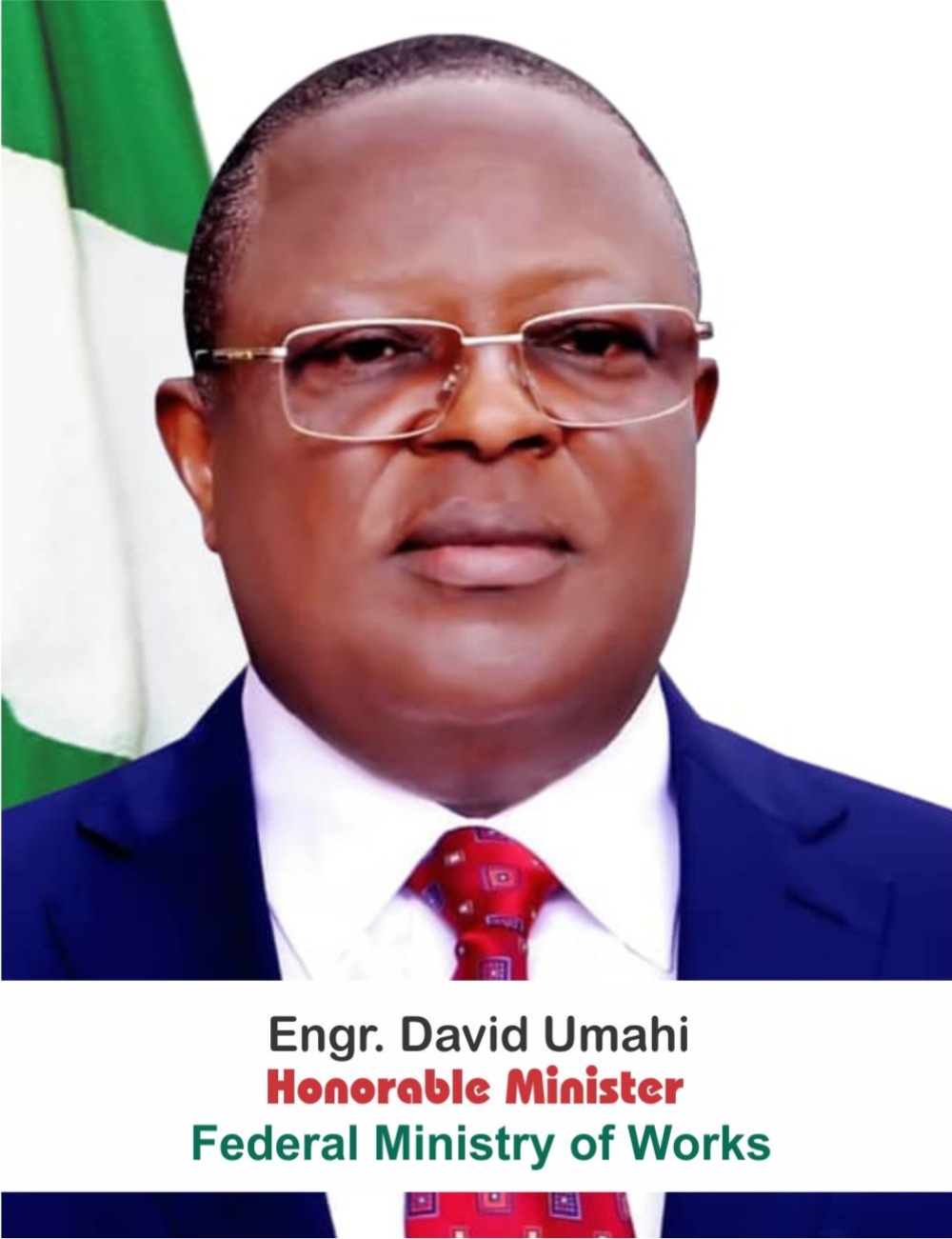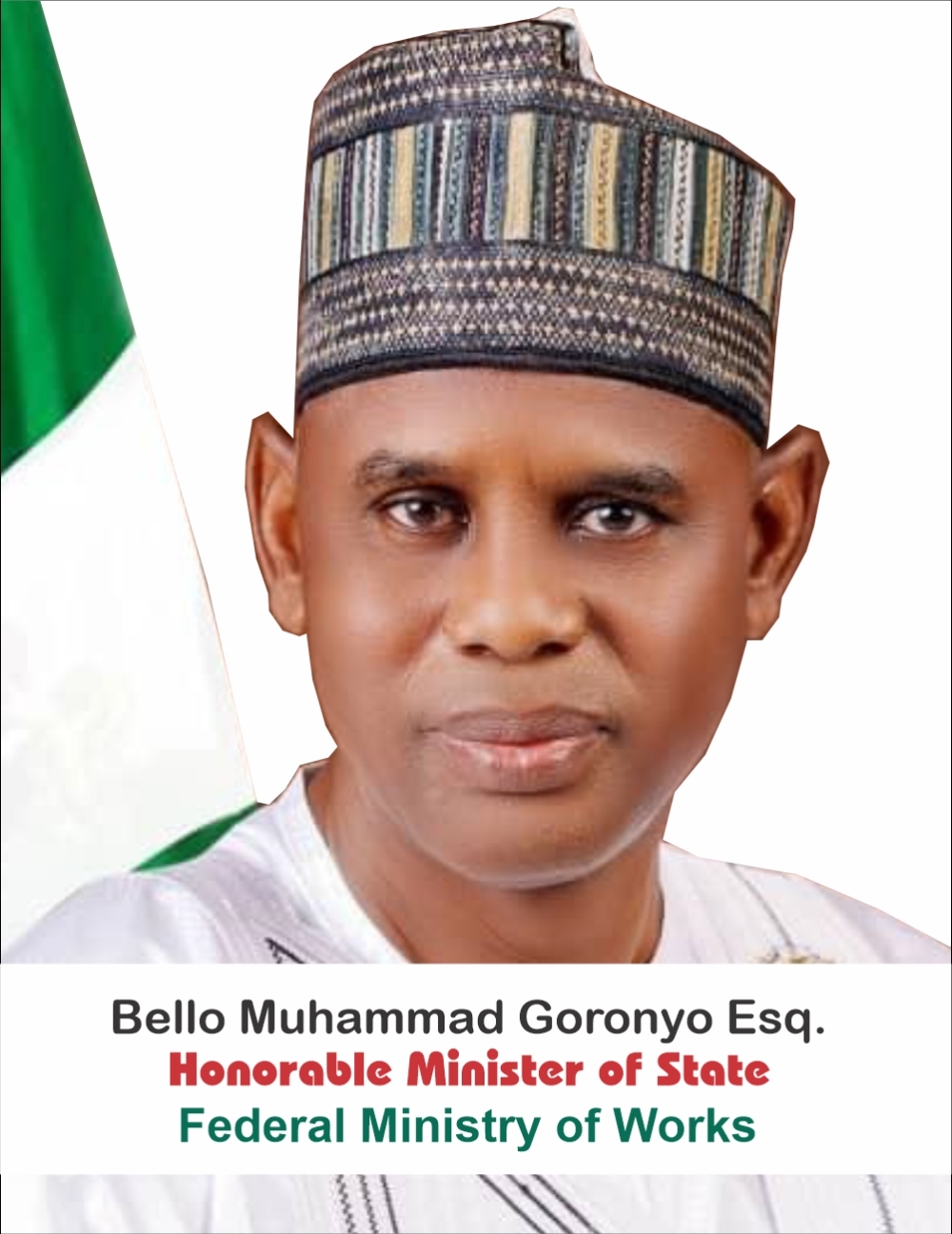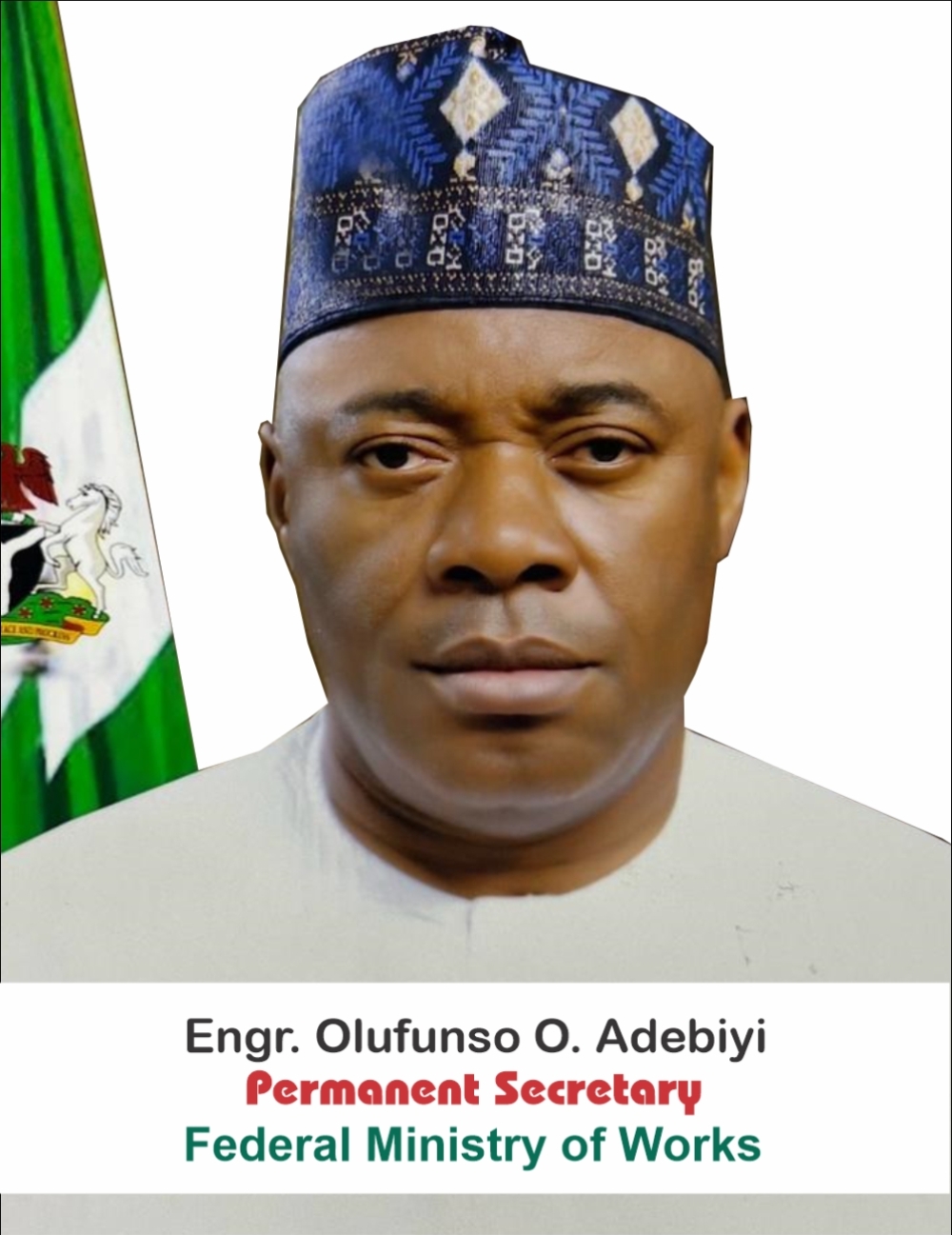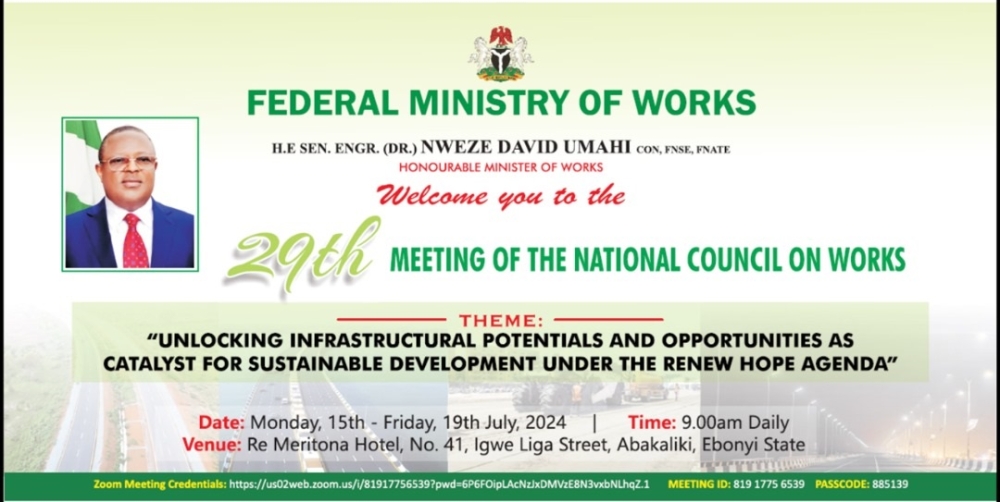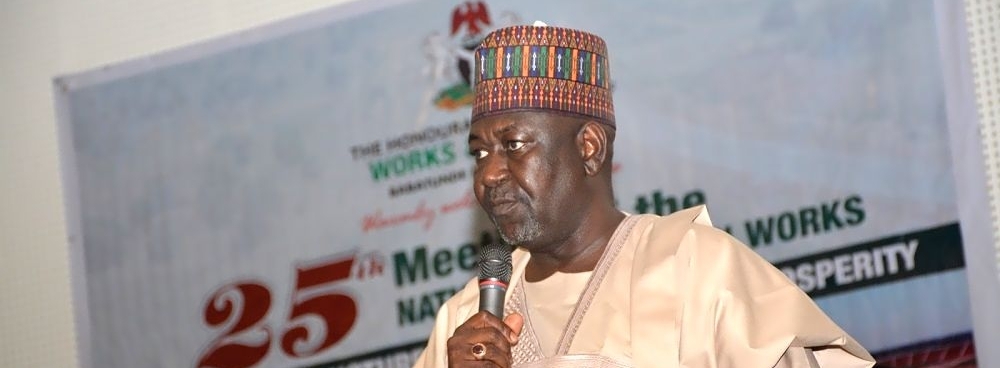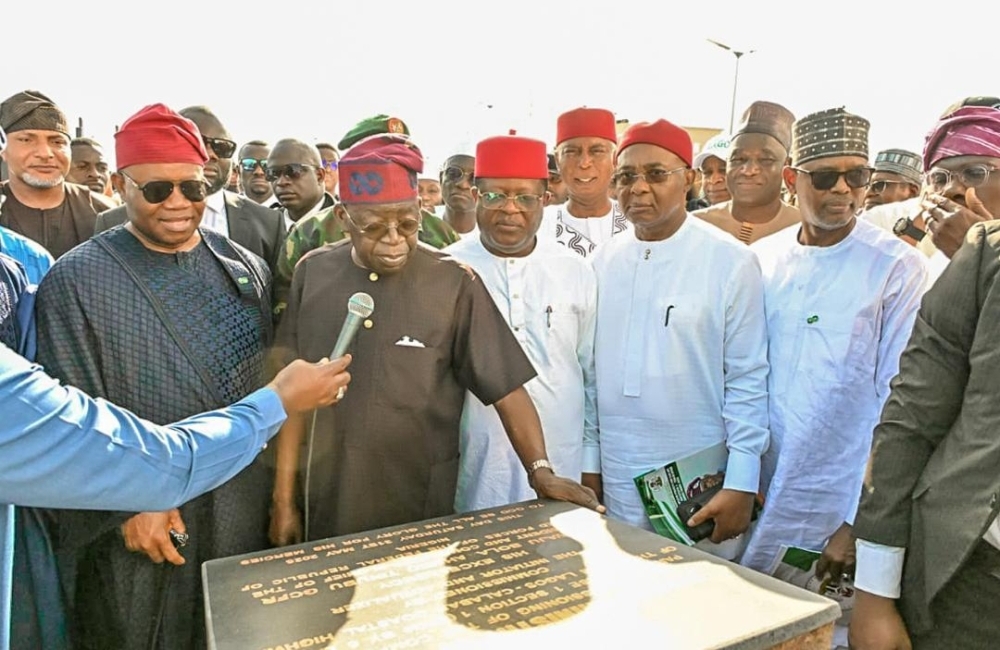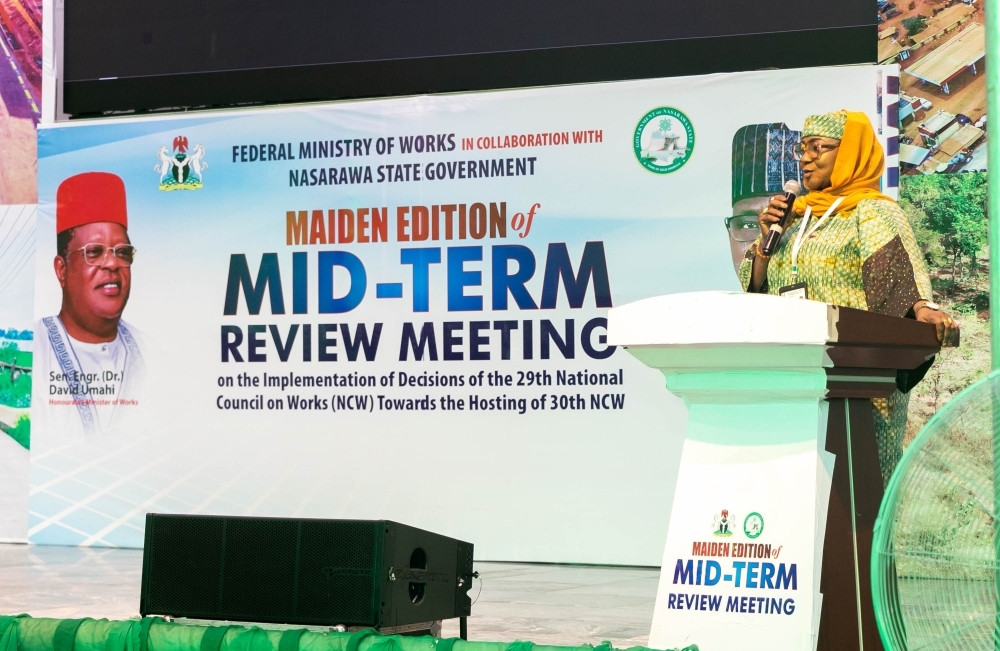Mr Babatunde Raji Fashola, SAN At The 6th National Council On Land, Housing And Urban Development
I welcome you all very warmly to this 6th meeting of the National Council on Lands, Housing and Urban Development.
I am enthused to speak to you because of the progress we have made from our last meeting in 2016 in Ilorin, Kwara State.
My enthusiasm derives from simple but very profoundly impactful things that we committed to do last year in Kwara and which we have done.
The first is that we resolved to facilitate the use of Exchange of letters for the Transfer of title to land when states are transferring land to the Federal Government.
I am happy to report that there has been very inspiring compliance based on the several letters of exchange that I have received and which I have duly signed.
All I need say about this in terms of compliance is that if there is still any state yet to comply they should please do so very quickly.
This is an important matter to report to the public. It shows that we do not gather at this Council just to talk. It shows that we have the capacity to act. It shows that change is possible when people commit themselves and that Governments in Nigeria can get things done.
The other matter that enthuses me, is the progress report on our National Housing Programme about which I briefed this Council last year.
At the time of the Council meeting in August 2016, I reported that we were finalizing designs to accommodate our cultural, climactic and other diversities and that when the designs were completed we would commence construction to pilot the designs and test them for affordability and acceptability.
I am pleased to report that construction has started in 33 states where land has been made available.
This is fulfilment of another commitment made at last year’s council by at least 90%.
This must give a lot of hope to our people that this Government will do what it says, and I want to thank all the states who gave us land, the staff of the Ministry who have worked hard to drive the programme, and the Honourable Minister of State, Mustapha Baba Shehuri who has been visiting and inspecting project sites.
I have myself made whistle stop visits to our sites in Taraba, Gombe, Ekiti, Oyo, and what I saw demonstrates to me very clearly how impactful the National Housing Programme has been, even at the pilot and inception stage.
The bricklayers I met in Taraba, Gombe and Ekiti, Rilwanu Adamu and Abubakar Umar, who asked me to thank President Buhari, for putting them back to work, the owners of the cement mixer in Oyo who said that his equipment has been idle for 2 years but was now earning N20,000 daily on our site in Oyo.
And of course, Mr and Mrs Emmanuel, a builder and caterer respectively who live in Lagos, but who now find dignity, labour and employment at our Oyo site, by participating in building and food supply.
And this brings me to the theme of this year’s Council meeting which is “Building for Inclusion, Growth and Prosperity”.
Yes, it is true that we have a National Housing deficit, and while some choose to engage themselves by discussing about the size of the deficit, we choose to engage ourselves by doing something about the deficit.
This is because, every building we start and ultimately complete is a blow to the size of the deficit which no amount of talk can inflict.
We understand that every nation has a housing deficit and the bigger the size of the population, the size of the growth rate and the size of the urbanization rate, the bigger the size of the deficit.
But while we commit to the National policy of delivering affordable housing, we must look at short, medium and intermediate streams of opportunities for employment, productivity, skill development, restoration of dignity of our people which lie within the housing delivery value chain.
This is consistent with one of the Pillars of the Economic Theory and Growth Launched by President Buhari, which is “investing in our people.”
Apart from the artisans that I have spoken about, it might interest you to also know that 653 contractors were engaged in the pilot scheme to deliver 2,736 units. A total of 54,680 people were employed in the process.
The opportunities for inclusion will include masonry, electrical, plumbing, welding, supplies of materials, transportation and many more.
Our desire is to multiply these opportunities this year and beyond.
One of the directives that I have given to our staff is to review the procurement requirements and guidelines in consultation with our legal department, to ensure that we open the opportunities for participation.
Yes, I understand the need to get value for money and the processes that have been put in place by previous administrations to guide procurement.
The question we must ask ourselves then is whether we have truly saved money and whether we have developed?
On the evidence that is available, the country has clearly made more money from oil sales in the last decade that cannot be accounted for by way of project delivery and infrastructure development.
But if this was not enough problem, the procurement requirements then limits the amount of advance payment Government can pay to 15% and sets conditions that overlook the level of literacy of the vast majority of our people and the nature of small businesses that they run.
My experience in the last 20 months is that small businesses have difficulty complying with our procurement process and this requires not only policy reviews as I have ordered, but also legislative intervention by parliament.
This is one of the actions we must take to fulfil the objectives of the theme of this Council so that we can build for inclusion, for growth and for prosperity.
While our National Housing Programme, is the first of its type on a National scale in many decades that seeks to respond to the deficit, government agencies such as the Federal Mortgage Bank, Federal Housing Authority are being repositioned to play their role more effectively to address the Housing problem.
For example, the Federal Housing Authority has been mandated by the ministry to reposition herself to be one of our champions of housing delivery based on her previous track record.
Similarly, the Federal Mortgage Bank continues to deepen participation in the National Housing Fund which forms a reliable pool of funding from which she lends money to contributors by way of mortgage loans to acquire houses.
In addition, the bank has granted loans to estate developers to build houses; and from their recent report to me, they currently have 3,823 housing units available for sale in various states of the Federation.
The ministry has directed that these units, their prices, description, location and eligibility criteria be widely publicized in transparent offers to Interested members of the public.
The next level of intervention which the ministry is developing is the use of co-operatives.
This is very important to the theme and purpose of this year's Council meeting which centers around inclusion.
Our experience has shown that very sizable parts of our population who are productive and self-employed have been excluded from formal processes that regulate access to Funding, land or housing.
However, these large number of people operate successfully by themselves, in groups which they form as co-operatives to protect their common interests and pursue their developmental objectives.
Co-operatives have been very prolific and successful in sectors like agriculture and market organizations where the vulnerability of an individual is transformed into the strength of a group.
Our Government sees no reason why the successes of co-operatives in these sectors cannot be utilized to facilitate housing delivery, access and inclusion.
We are determined to place the might of government at the disposal of groups who can form themselves into co-operatives, as enabling capacity to acquire the land, take loans, build for themselves and operate a rent to own policy for those who cannot pay full ownership cost at start.
When our work on the review of the existing laws, and the processes for eligibility are completed, we will undertake a national launch and enlightenment program to kick the active use of co-operatives in housing delivery.
I have chosen to speak about this plan at this meeting because the success of this initiative will depend on what is done at state level; and many, if not all, states are represented here.
Your readiness and willingness to give land to well constituted cooperatives will be a critical determinant to success and inclusion.
So, this serves as notice for you to start thinking ahead about what your respective states can offer to the initiative.
Before I conclude, I will like to go back to the issue of the deficit in housing and set the context, not only how it has grown with our size but also why some seem so terrified of approaching it.
When we started this national housing program, my attention was brought to the fact that there had been no national housing program since the end of the second republic in 1983, which is about 34 years ago.
I must of course not be mistaken for saying that there were no housing interventions. There were. But they were neither sustained nor were they implemented on a national scale.
This omission is a big contributing factor to the size of the deficit and the exclusion of people.
Of course, there has always been a National Housing Policy, which seeks to deliver affordable housing, but as I said there is no program to implement and actualize the policy.
This government has now formulated that national program by concept, design and now pilot stage implementation which in the early stages has already created opportunities for 653 contractors, and created 13,680 direct jobs and 41,000 indirect jobs.
What we must do therefore is to repeat this program year on year, not only at federal level but also at state level.
Ladies and gentlemen, if we do this and also successfully implement the housing cooperatives, leverage private sector capacity, strengthen FHA and FMBN to play their roles, we will be creating a housing economy that will irreversibly and positively transform our nation forever.
Not only will we be addressing one of the problems of urbanization, we will unleash the capacity to build for inclusion, for growth and prosperity.
In this way, the size of the deficit of housing will become an economic opportunity to immense proportions rather than a social burden to be scared of.
Thank you very much for your attention.
Babatunde Raji Fashola, SAN
Honourable Minister of Power, Works and Housing
Thursday 24th August 2017
